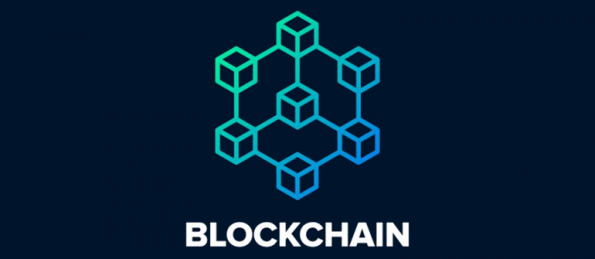The Startup Magazine DeFi: The Latest in Blockchain Tech
[ad_1]
Advancements in technology have taken the world by storm. In recent years, there have been plenty of innovations that would have otherwise taken years before to progress. Even during the pandemic, tech and innovation still found their way to improve, especially when it comes to digital currency trading.

With the emergence of crypto and blockchain, the use of digital currencies is now considered the new wave of assets in today’s generation. This is also the reason why the past year can be considered the year for DeFi or decentralized finance, which is the latest in Blockchain tech. Many DeFi platforms and applications have already binned the brick-and-mortar financial systems, making room for a brand new method of trading using digital assets and currencies.
DeFi is especially felt in the iGaming industry, giving rise to plenty of crypto and BTC casinos that guarantee optimal player experience with faster payouts and superb customer service. For this reason, it isn’t surprising to see that DeFi trends have dominated the majority of discourse in recent years, which only contributed to its rapid growth.
What is DeFi?
Also called Decentralized finance, DeFi is an emerging system of finance. It mainly operates on blockchain to bypass the traditional banking industry, making it peer-to-peer and public in nature instead. It essentially eliminates intermediaries by letting businesses, merchants, and people make financial transactions through technology. These are done via peer-to-peer financial networks that utilize software and hardware advancements, security protocols, and connectivity.
This means that you can borrow, trade, and lend from almost anywhere as long as you have a decent internet connection. This is performed through software that verifies and records financial actions in distributed ledgers or financial databases, which are simultaneously accessible across a wide range of locations.
DeFi utilizes such technology to remove centralized finance models, allowing anyone to have access to financial services regardless of who they are or where they may be. More than that, DeFi apps also let users have more control and authority over their money through trading services that cater more to individuals and by using their personal wallets.
The sector has risen to a staggering $250 billion worth in November last year alone, growing significantly across all blockchains. But even though it’s considered a fast-growing industry, upcoming projects in DeFi still remain very young and offer enough room for innovation.
What is the Future of DeFi?
As mentioned, DeFi is still in its early stages. This means that it’s unregulated for the most part, so the ecosystem is still rife with scams, infrastructural mishaps, and hacks. There are also arising questions about its financial jurisdiction and which entity would have the authority to enforce regulations. These things may pose problems to existing laws in place.
There are still many things that need to be smoothed out before DeFi becomes officially safe and efficient to use. DeFi platforms and applications will need to undergo improvement before they become reliable and robust enough for users. Once it attains its success, there’s no doubt that many corporations and banks will seek ways to get into the system.
[ad_2]
